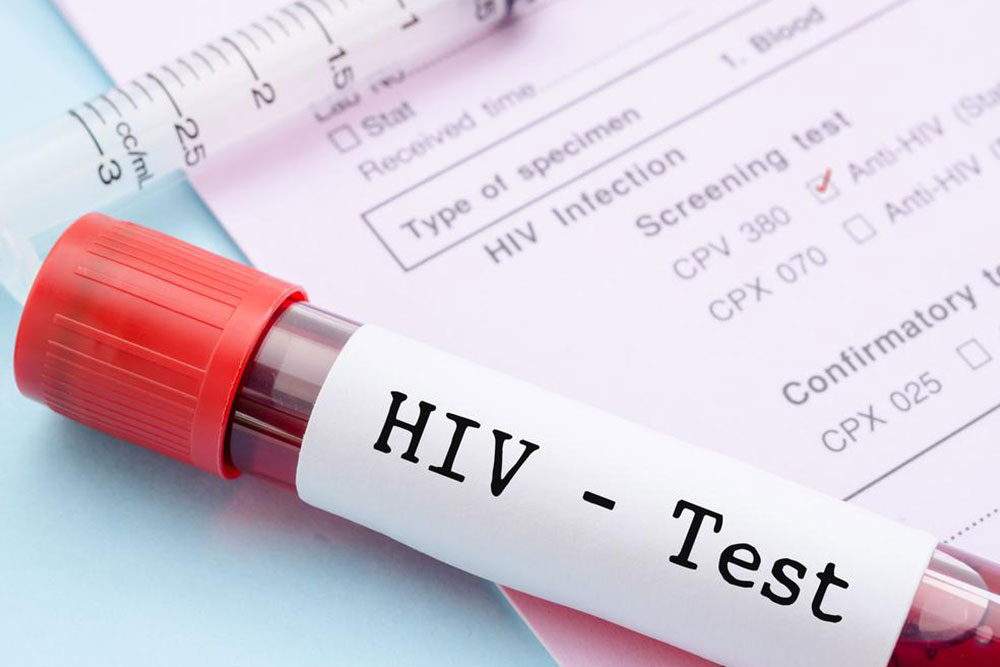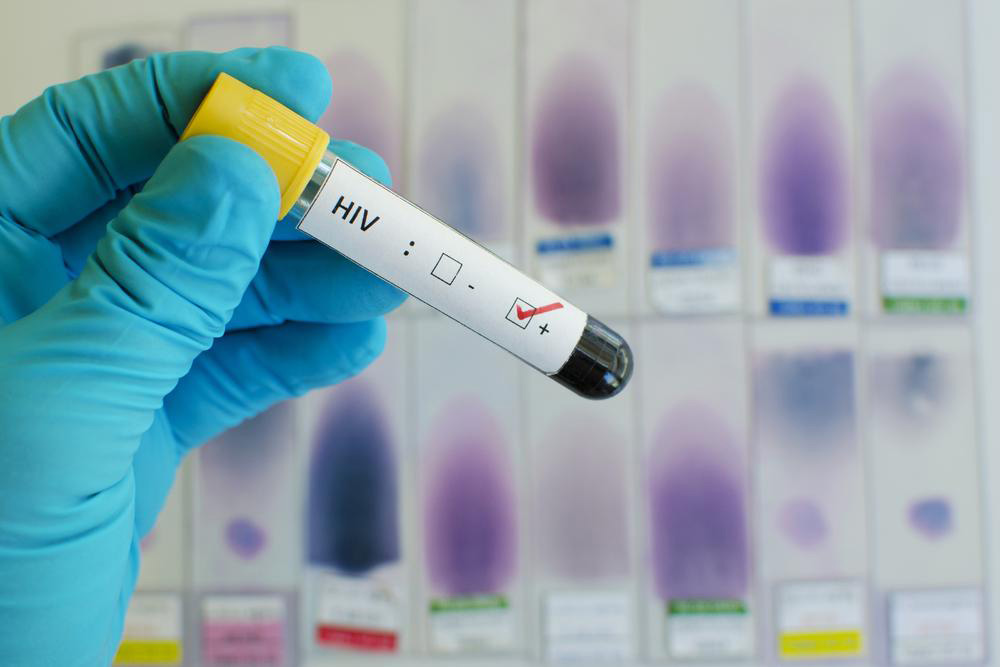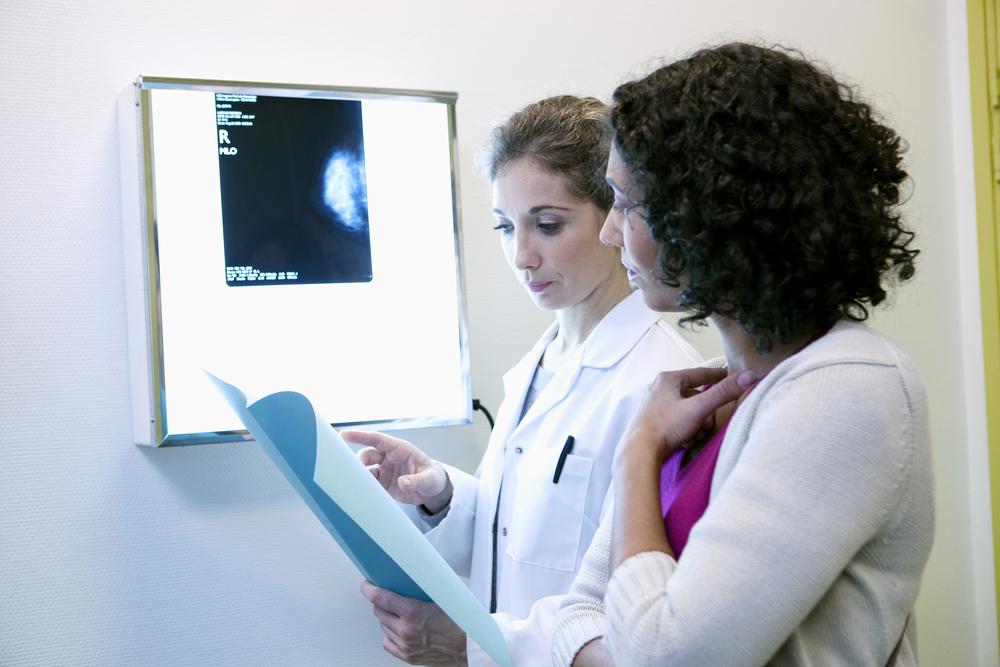Complete Guide to HIV Testing: Staying Informed and Protecting Your Health
This comprehensive guide emphasizes the importance of regular HIV testing for early detection, effective management, and prevention. It covers testing methods, why knowing your status matters, and resources available. Staying informed and proactive can help protect your health and reduce HIV transmission rates in the community.

Understanding HIV Testing: A Critical Step for Your Well-being
HIV remains one of the world's significant health challenges, despite widespread awareness campaigns and efforts to educate the public. The disease's sensitive nature often deters individuals from getting tested, which can have serious consequences. In countries like the United States, it's estimated that over one million people are living with HIV, with approximately 56,000 new cases diagnosed each year. Alarmingly, more than 20% of those infected are unaware of their status, which hampers efforts to treat the virus early and prevent its spread. Regular HIV testing plays a vital role in early detection, enabling timely medical intervention that can drastically change disease outcomes and reduce transmission risks. Understanding your HIV status empowers you to make informed decisions, safeguard your health, and contribute to broader public health efforts.
The importance of regular HIV screening cannot be overstated
HIV testing not only facilitates early diagnosis but also provides a critical opportunity to commence treatment before complications arise. Although there is currently no cure for HIV, antiretroviral therapy (ART) has proven highly effective in managing the virus, enabling individuals living with HIV to lead long, healthy lives. Additionally, testing promotes safer practices by raising awareness of transmission modes and encouraging measures such as consistent condom use and reducing risky behaviors. People diagnosed with HIV are advised against donating blood and must adhere to medical guidelines to prevent spreading the virus. Recognizing one's status fosters responsible health choices, ensuring both personal well-being and the safety of the community.
What does the HIV testing process involve?
HIV testing involves a straightforward medical procedure that analyzes blood, oral fluids, or sometimes urine to detect the presence of the virus. Modern testing methods include detection of HIV antibodies, antigens, or a combination of both through blood tests or rapid tests. Simple, reliable home testing kits, such as OraQuick and Clearview Complete HIV ½ test kits, are widely available and can be used privately at home, providing quick results with high accuracy. For comprehensive care, visiting healthcare providers ensures confidentiality, appropriate post-test counseling, and tailored medical advice. Trusted clinics, such as The Davis Clinic and AIDS Healthcare Foundation, prioritize patient privacy and offer supportive environments for testing and counseling, making the process accessible and stress-freeRegardless of the results, getting tested is a crucial step toward maintaining your health and preventing HIV transmission.





